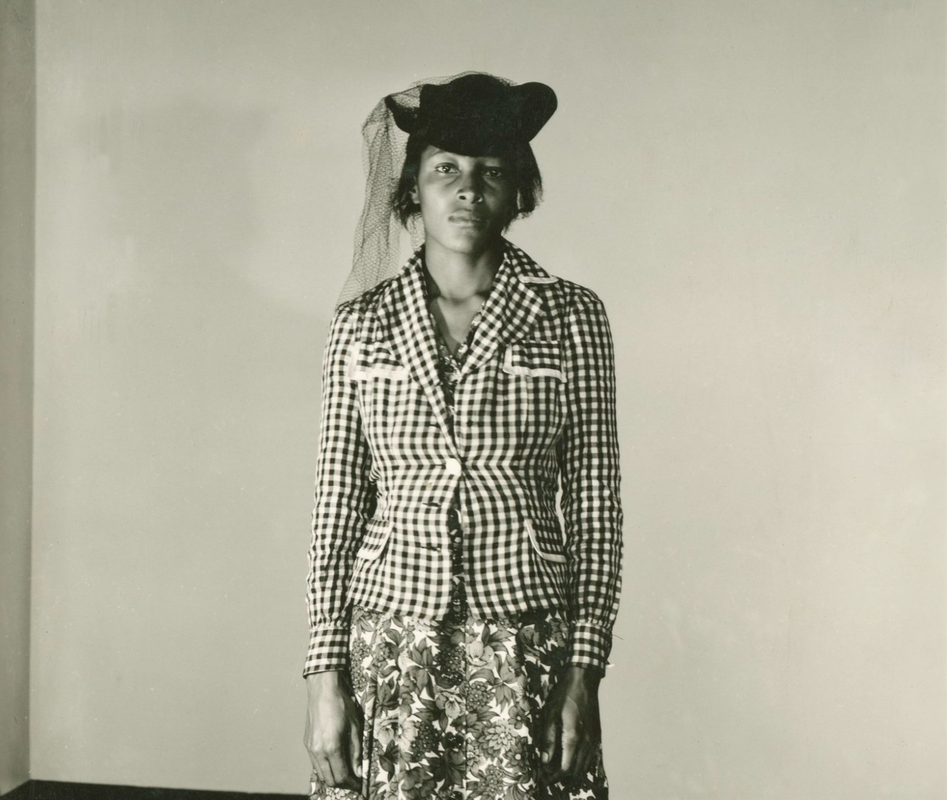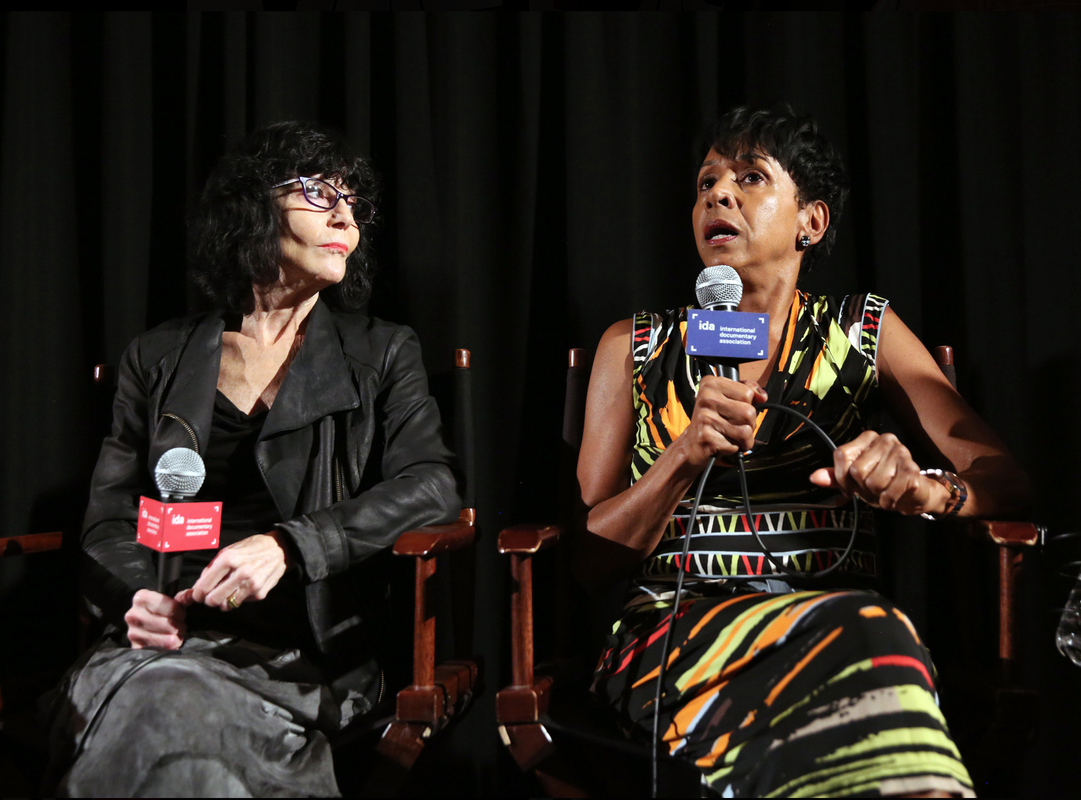|
Taylor pursued justice against white attackers, with help from Rosa Parks Recy Taylor, the Alabama woman whose story of struggle for justice is told in the new documentary The Rape of Recy Taylor, has died at the age of 97. Taylor died in Abbeville, Alabama, her home town where she was raped by a gang of young white men in 1944. Her death on December 28 was reported by the New York Times and other publications. As recounted in Nancy Buirski's documentary, which was released in theaters just over three weeks ago, Taylor was walking home from a church service the night of September 3, 1944 when a group of white youths, armed with guns and other weapons, abducted and gang raped her. Taylor reported the crime to authorities and the assailants were questioned, but claimed they had paid the victim for sex. "...The attack, like many involving black victims during the Jim Crow era in the South, never went to trial. Two all-white, all-male grand juries refused to indict the men, even though one of them had confessed," the Times wrote in its obituary of Taylor. As the case unfolded the NAACP's Montgomery chapter dispatched a rape investigator for the organization, Rosa Parks, to pursue justice for Taylor. Parks had spent part of her childhood in Abbeville. Buirski interviewed Taylor, by then well into her 90s, for the documentary. She vividly recalled details of her ordeal from seven decades earlier.
"I was begging them to leave me alone. 'Don't shoot me,'" she told the director. 'They wouldn't let me go. I can't help but tell the truth [about] what they done to me." Buirski's film was inspired by the book "At The Dark End of the Street: Black Women, Rape and Resistance--A New History of the Civil Rights Movement from Rosa Parks to the Rise of Black Power" by Danielle McGuire, published in 2011. |
AuthorMatthew Carey is a documentary filmmaker and journalist. His work has appeared on Deadline.com, CNN, CNN.com, TheWrap.com, NBCNews.com and in Documentary magazine. |
- Home
- News
- Videos
-
Galleries
- 2019 Tribeca Film Festival
- Full Frame Documentary Film Festival
- 2019 SXSW Film Festival
- SXSW 2018 Gallery
- 2019 Sundance Film Festival
- Outfest 2018 Photo Gallery
- Outfest 2017
- Sundance 2018 Photos
- 2017 LA Film Festival
- 2017 Cannes Film Festival
- Tribeca Film Festival 2017
- SXSW 2017 Gallery
- 2017 Berlin Film Festival
- Sundance 2017 Gallery
- 2016 Los Angeles Film Festival
- Cannes Film Festival 2016
- SXSW 2016 Gallery
- Berlinale 2016 Gallery
- Sundance 2016 Gallery
- Filmmaker Gallery
- About
- Contact
Proudly powered by Weebly
- Home
- News
- Videos
-
Galleries
- 2019 Tribeca Film Festival
- Full Frame Documentary Film Festival
- 2019 SXSW Film Festival
- SXSW 2018 Gallery
- 2019 Sundance Film Festival
- Outfest 2018 Photo Gallery
- Outfest 2017
- Sundance 2018 Photos
- 2017 LA Film Festival
- 2017 Cannes Film Festival
- Tribeca Film Festival 2017
- SXSW 2017 Gallery
- 2017 Berlin Film Festival
- Sundance 2017 Gallery
- 2016 Los Angeles Film Festival
- Cannes Film Festival 2016
- SXSW 2016 Gallery
- Berlinale 2016 Gallery
- Sundance 2016 Gallery
- Filmmaker Gallery
- About
- Contact




 RSS Feed
RSS Feed